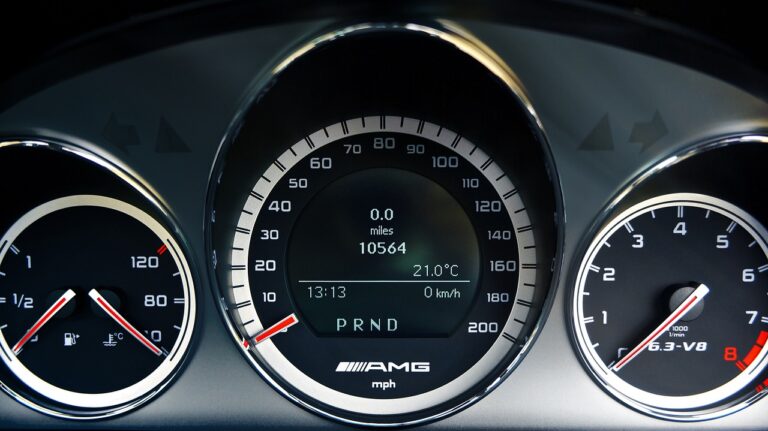Exploring Opportunities for Public-Private Partnerships in Funding Auto Recycling Infrastructure: World7.com, Mahadev app login, Silverexch login
world7.com, mahadev app login, silverexch login: Exploring Opportunities for Public-Private Partnerships in Funding Auto Recycling Infrastructure
In recent years, the automotive industry has seen a significant shift towards sustainability and environmental responsibility. One key aspect of this shift is the increased focus on auto recycling and the development of infrastructure to support it. Auto recycling not only helps to reduce the environmental impact of end-of-life vehicles but also provides economic benefits through the recovery of valuable materials.
However, building and maintaining auto recycling infrastructure can be a costly endeavor, requiring significant capital investment. This is where public-private partnerships (PPPs) come into play. By leveraging the strengths of both the public and private sectors, PPPs can help to fund and develop the necessary infrastructure for auto recycling, creating a win-win situation for all parties involved.
Understanding Public-Private Partnerships
Public-private partnerships involve collaboration between government entities and private companies to finance, build, and operate public infrastructure projects. In the case of auto recycling, a PPP could involve a government agency partnering with a private recycling company to develop and maintain recycling facilities, collection centers, and other infrastructure needed to support the recycling of end-of-life vehicles.
The Benefits of Public-Private Partnerships
There are several key benefits to using PPPs to fund auto recycling infrastructure. First and foremost, PPPs can help to spread the financial risk of infrastructure development between the public and private sectors. By sharing the costs and responsibilities, both parties can work together to create sustainable and cost-effective solutions.
Additionally, PPPs can leverage the expertise and resources of both the public and private sectors. Government agencies can provide regulatory oversight and access to funding sources, while private companies can bring technical expertise, innovation, and operational efficiency to the table. This collaboration can lead to the development of state-of-the-art recycling facilities that are environmentally friendly, efficient, and economically viable.
Opportunities for PPPs in Auto Recycling
There are several opportunities for PPPs to fund auto recycling infrastructure. One option is to create joint ventures between government agencies and private companies to build and operate recycling facilities. This can help to ensure that the facilities meet regulatory standards, are environmentally friendly, and are financially sustainable in the long run.
Another opportunity is for government agencies to provide financial incentives or grants to private companies to invest in auto recycling infrastructure. By offering tax breaks, subsidies, or other forms of financial support, governments can encourage private companies to take the lead in developing and maintaining recycling facilities.
Finally, PPPs can also involve collaborations between multiple stakeholders, including government agencies, private companies, non-profit organizations, and research institutions. By bringing together a diverse group of partners, PPPs can leverage a wide range of expertise, resources, and funding sources to support auto recycling infrastructure development.
Challenges and Considerations
While PPPs offer many benefits, there are also challenges and considerations to keep in mind when exploring opportunities for funding auto recycling infrastructure. One key challenge is the need for clear and transparent regulations and governance structures to ensure that PPPs are effectively managed and implemented. By establishing clear guidelines for decision-making, risk-sharing, and performance evaluation, governments can help to mitigate potential conflicts and ensure the success of PPP projects.
Another consideration is the need for effective stakeholder engagement and communication. In order for PPPs to be successful, all parties involved must have a shared understanding of the project goals, expectations, and responsibilities. By fostering open and collaborative relationships between government agencies, private companies, and other stakeholders, PPPs can build trust and create a solid foundation for successful infrastructure development.
FAQs
Q: How can private companies benefit from participating in PPPs for auto recycling infrastructure?
A: Private companies can benefit from PPPs by gaining access to government funding and support, reducing financial risk, and leveraging technical expertise and resources from the public sector. Additionally, participating in a PPP can help private companies to demonstrate their commitment to sustainability and environmental responsibility, building a positive reputation and enhancing their brand value.
Q: What are some examples of successful PPPs in auto recycling?
A: One example of a successful PPP in auto recycling is the collaboration between the US Environmental Protection Agency (EPA) and private recycling companies to establish the National Vehicle Mercury Switch Recovery Program. This program aims to recover mercury switches from end-of-life vehicles to prevent environmental contamination and promote recycling. By working together, the EPA and private companies have been able to achieve significant environmental and economic benefits.
Q: How can governments incentivize private companies to invest in auto recycling infrastructure?
A: Governments can incentivize private companies to invest in auto recycling infrastructure by offering financial incentives, such as tax breaks, subsidies, or grants. Additionally, governments can create regulatory frameworks that require private companies to meet recycling targets or encourage the use of recycled materials in manufacturing processes. By creating a supportive policy environment, governments can help to stimulate private sector investment in auto recycling infrastructure.
In conclusion, public-private partnerships offer a promising avenue for funding and developing auto recycling infrastructure. By leveraging the strengths of both the public and private sectors, PPPs can help to create sustainable, cost-effective, and environmentally friendly solutions for managing end-of-life vehicles. As the automotive industry continues to prioritize sustainability, PPPs will play an important role in driving the transition towards a circular economy and reducing the environmental impact of auto manufacturing and disposal.







